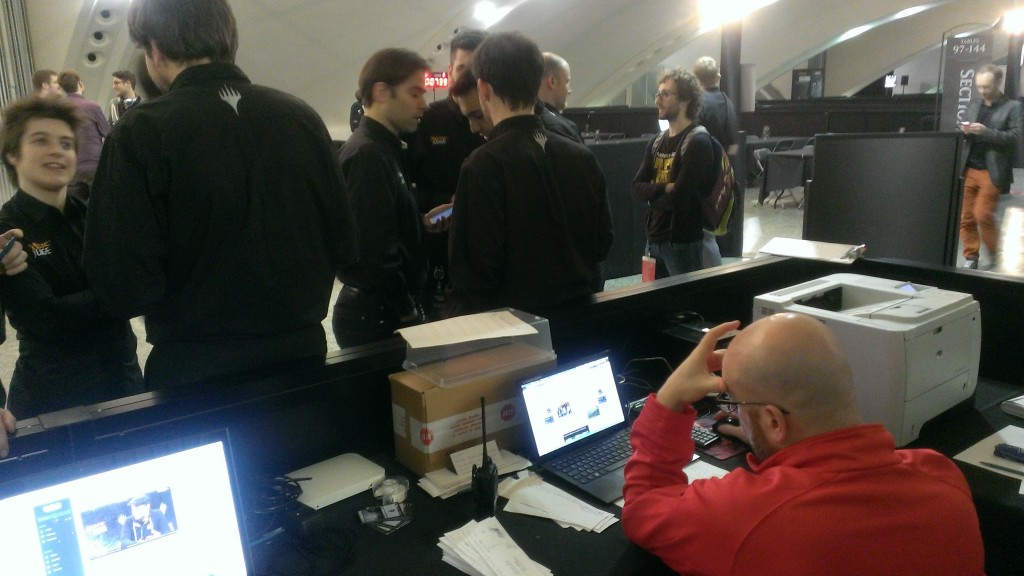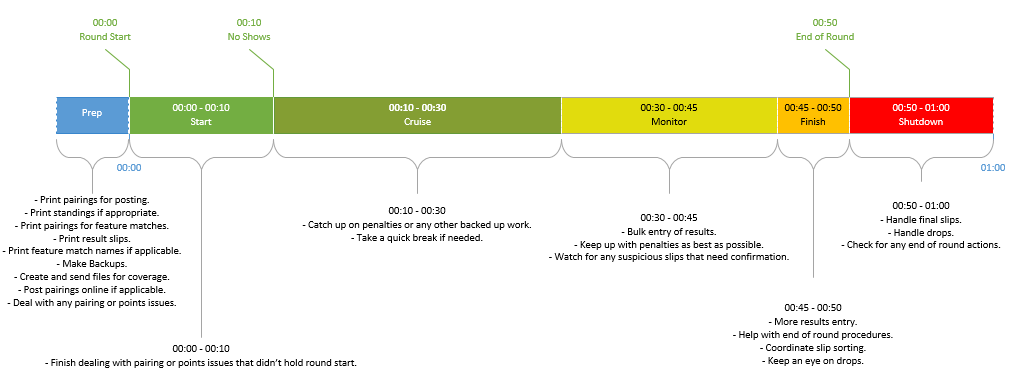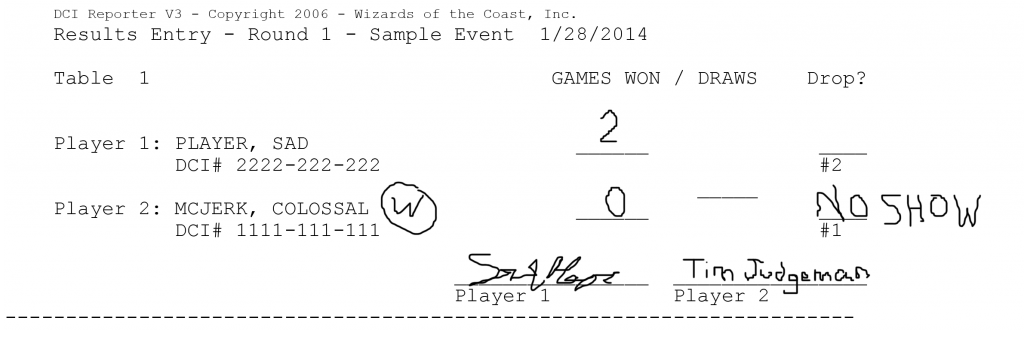(Was typing this as a reply to Riki’s Facebook post on the judge staffing problem, and it ballooned a bit out of control so it’s way too long to just be a reply to a post, so using this as scratch space. For those of you really only interested in tournament operations, this isn’t the post you’re looking for.)
I swear I saw a chart recently that would support this with data, but I can’t find it, so I’m just going to go with gut. You know pretty well how I feel about this, but for everyone else’s “benefit” …
The level redefinition, while I’ll be the first to agree has its issues, is kind of a red herring here. We could start calling them parakeets, or switch to a floating point scale, or apply any number of other labels, and while they definitely lead to expectation issues (in your example here, the disconnect between what L1 requires and what they’re expected to do at some events), the real problem is that you can’t label your way to higher quality.
Judge acquisition, like everything else, is a funnel. You try and acquire as many people as you can into the wide end of the funnel and then the strongest work their way down the funnel into the (for this metaphor, amusingly backwardly named) upper echelons. There’s an entirely separate argument to be made as to how far any particular person can go, whether or not the supply of potentially great judges has been exhausted, and the mechanics of human skill and potential.
In our case, though, the funnel sits sideways. The notion of a natural gravity of skill progression is, I’d argue in most cases, fallacious. Something has to do the work to push people down toward the areas that you need people to get to. We have some mechanisms in place for this, and always have – but they’re not only not growing to match capacity, they’re probably getting worse because of the increased load.
In pained metaphor terms, as the funnel has gotten wider (more events, more needs), we’ve thrown more and more people into it. These people aren’t like sugar, they’re more like flour. And the funnel is damp and sitting on its side. We have a small spoon to try and push people through, but that spoon isn’t getting any bigger and now it’s getting wet.
Label these people whatever you want. Won’t change the fact that the problem is the availability of skills, not the availability of a certain level or label, and I don’t think our capacity for growing people is or can remotely match what’s needed now using the way we look at things now – the pace of growth of the teachers is not keeping pace with the growth of the students, and our systems for teaching are pretty darn squirrely. For example, there’s much more online emphasis now, but witness the oh-so-many threads with dozens of judges thinking one thing and dozens thinking another resulting in a “we don’t have an official comment” or a “have to use your judgment”.
I’d argue that this problem started a lot longer than anyone typically thinks about – the PTQ switch from PTOs to stores. Probably necessary, and has accomplished many of its goals from a Magic perspective all-up. But PTOs had an incentive and the resources to grow their local judging staff as a first-class part of what they did (at least, the good ones did) in a way that stores just seem not to. That layer just doesn’t exist anymore most places – a lot of discussion goes on about the Opens being that layer between stores and GPs, but as you’ve said, they’re too big and that model just isn’t analogous. So what’s the new layer? Until we find some way to change the incentive structure for that layer to exist (“hey stores, we’re going to pay for the extra judge that you staff at each of your premiere tournaments so that we can use them as teaching opportunities again”), I don’t think this problem gets any better. But really, that’s just a spitball idea and I have no idea if it’s effective, let alone practical.
Which is all a long way to say, as you know, I agree with you in sentiment. But I think the problem is much deeper than you’re touching on here. And yes, I know what they say about complaining without solutions … I don’t blame anyone for not getting it right now because it’s hard. Doesn’t mean it’s not a real problem, though.






